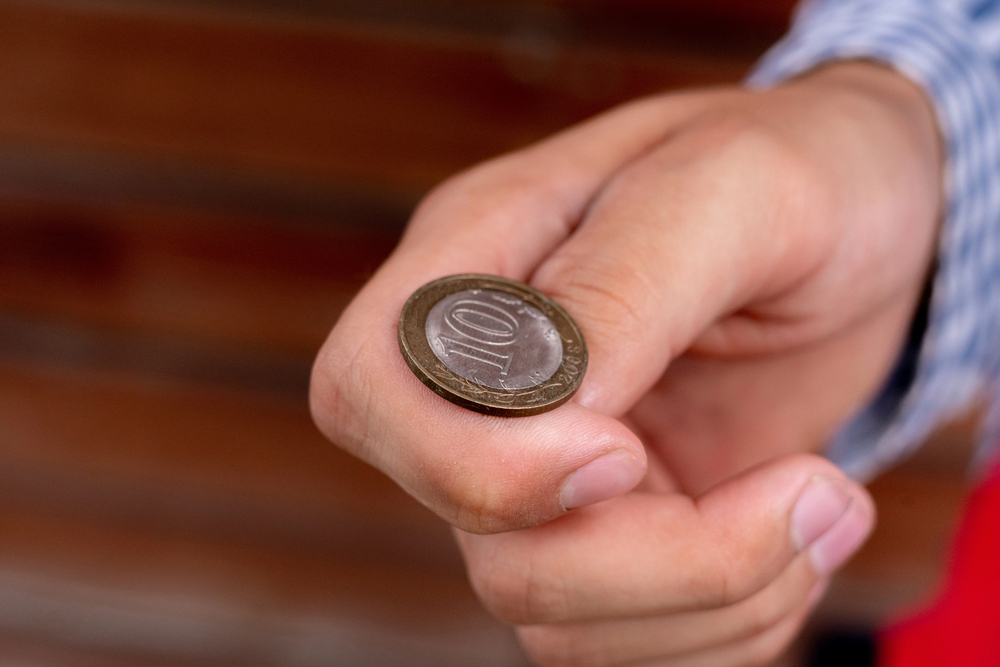Dutch Ig Nobel awards for coin flipping and drunken worms

Dutch scientists have won Ig Nobel prizes for the fifth year in a row, this time for flipping coins and racing drunk worms. The annual parody prizes are for scientific achievements that ‘make people laugh and then think’.
University of Amsterdam professor Eric-Jan Wagenmakers won his Ig Nobel prize in the Probability category. Wagenmakers and a team of international scientists came up with proof that the side of the coin that is up before it is flipped will most often land with the same side up as well, be it only by a small margin.
To reach their conclusion, 48 team members took 650 hours to flip a coin 350,757 times. In 51% of the time, the coin ended up on the side it started with pre-flip.
It is the first time that the heads or tails phenomenon has been looked at in depth and it is unclear whether the finding will influence the referee’s toss up at the start of a game.
According to Wagenmakers, the result is influenced by the movement of the throw. “When we flip a coin we do a bit of a wobble. That ensures the coin is airborne just that little longer,” he told the Parool last year. Wagenmakers said in his acceptance speech that everyone should try replicating the experiment.
Dutch-French team physical chemist Sander Woutersen and physicist Daniel Bonn won a prize for racing drunk and sober worms to gain an insight into polymer dynamics through the difference in wriggle activity.
“I think the best lesson from the experiment, at least for me, is that when a drunk worm is wrapped around a lamppost and a sober worm passes by, he occasionally takes the drunk worm with him,” Bonn told journal The Scientist.
Other winners included American scientist James Liao who demonstrated that a dead fish shows the same movements as a live one in swirling water. “A dead fish does live fish things,” he commented.
Other and perhaps more significant research showed that some mammals can breathe through their backsides which could eventually help people in respiratory failure.
Dr Takanori Takebe, an author of the study at Cincinnati children’s hospital medical centre, said he had “mixed feelings” about the award but commented that if this created more interest in enteral ventilation he would be “so happy”, he told the Guardian.
It was the first time since the pandemic that a physical award ceremony could take place. This year’s ceremony, at the Massachusetts Institute of Technology (MIT), was typically chaotic, with winners being heckled and a group of people ostensibly on a tour of the MIT interrupting the procedure.
Thank you for donating to DutchNews.nl.
We could not provide the Dutch News service, and keep it free of charge, without the generous support of our readers. Your donations allow us to report on issues you tell us matter, and provide you with a summary of the most important Dutch news each day.
Make a donation